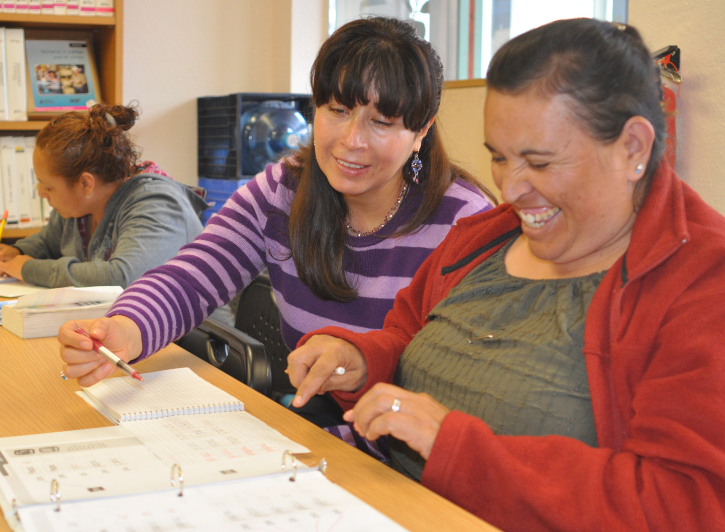The Santa Cruz County Board of Supervisors on Tuesday approved a handful of adjustments to the process it uses to allocate grant funding to nonprofits.
Last June, that process—called Collective of Results and Evidence-based (CORE) Investments—doled out $5.8 million to more than 50 social programs countywide. That money will be distributed over the next three years.
Just over $770,000 went to United Way’s Cradle to Career program, with $436,221 to Meals on Wheels and $241,680 to Second Harvest Food Bank’s Equitable Access to Food and Nutrition program.
But many organizations that did not receive funding through the competitive request for proposal (RFP) process—or that saw a reduction in their allocation—felt slighted by a process they said was neither inclusive nor transparent.
Community Bridges spokesman Tony Nuñez said that any reduction in funding cuts into the organization’s ability to provide critical services and respond to disasters.
That organization last year saw an $816,000 reduction in its annual funding, for a total reduction of $2.3 million over the three-year funding cycle. This affected its Family Resource Collective, Elderday and Early Education Division.
“If it was not for foundational funding from foundations across the Central Coast, we would have to have very tough conversations within Community Bridges about how and when we can respond to the ongoing disasters right now in both Pajaro and the San Lorenzo Valley,” Nuñez said.
The changes approved Tuesday focused on the timing of the RFP application process and who is involved.
The process will begin six months earlier next year and will include more community discussions both before and after releasing the RFPs.
Tuesday’s discussion, which came from six months of community meetings and input, was an in-depth look at the RFP Process for the CORE funding. Human Services Department director Randy Morris said of the highly competitive process that it’s a “best-application wins” situation.
Morris said there were more than three times the number of applicants as there was available funding. Almost 50% of these were from new organizations that had not received funding before, he said.
Several organizations addressed the supervisors about their experiences with the recent CORE funding process.
Encompass CEO Monica Martinez said that, as the county’s largest nonprofit providing health and human services, it had the most to lose with changes to funding.
Still, she acknowledged that changes were needed with the process.
“We recognize that the old approach was not working,” she said. “It was not responsive to emerging needs, it did not promote equity and it left behind those who were most in need. The status quo was not working.”
Last funding cycle, Encompass lost its historic CORE funding.
“But I trust that through this process, that this funding was reallocated to meet other needs within our shared community,” she said.
United Way Santa Cruz County CEO Keisha Browder said that the organization’s first-time award last year was marred when she received “very vile disgusting threats on my voicemail, racial epithets on my voicemail, due to misunderstandings about this CORE process.”
“I am looking forward to continuing to work with CORE, to continuing to work with the county, so that no other leader has to experience what I had to experience last year,” she said.
Supervisor Justin Cummings, who was a Santa Cruz City Councilmember during the last RFP process, said that he could not access information about the application process and the reasons for the allocation decisions.
“For me, it’s really critical as someone who really wants to make an informed decision that we as elected have access to the applications, we have access to the scoring rubrics,” he said.
Supervisor Zach Friend said that, as the CORE process evolves, he does not want to see it revert to the historical model in which older organizations that had been receiving funding for years essentially pushed newer ones aside.
“If you want to talk about a culture that needed reform, the county funding structure on the (community based organizations) from 1979/1980 to 2015 needed the most reform of any structure I’ve seen,” he said.













